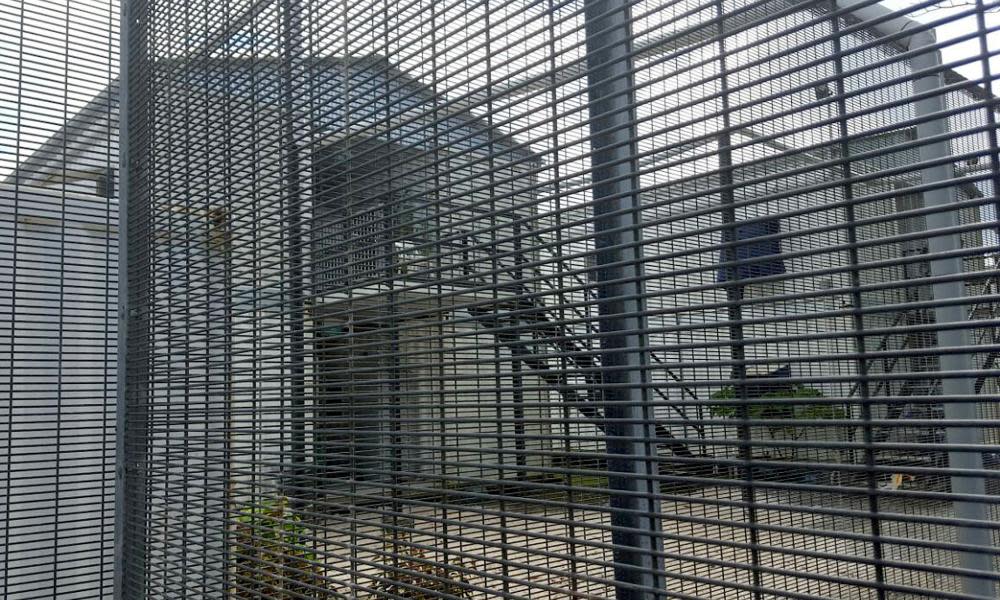‘Unjust and cruel’ lack of clarity still hangs over 64 refugees exiled in PNG

Refugees exiled in Papua New Guinea have labelled the lack of clarity about their fate “cruel and confusing” after explosive claims of “missing” Australian funds and assurances of resettlement from Port Moresby that have not been actioned by the Australian government.
Questions remain unanswered for the 64 refugees, many of whom were sent to Manus Island’s illegal detention centre more than 10 years ago. One refugee in Port Moresby, who wished to remain anonymous, said the lack of clarity about his fate was cruel.
“We’ve been here a decade. Why are they treating me like this? I’m speechless. I have no words. It’s like I’m not human. It’s stressful, confusing, unjust and cruel,” he said.
Another refugee, who also asked to remain anonymous, said he and his wife were expecting a baby in November and that they “are in the dark and do not know what will happen next”.
In a letter sent to the country’s prime minister, James Marape, a whistleblower from the PNG’s Immigration and Citizenship Authority (ICA) said the Australia-sponsored humanitarian program was mired in corruption, fraud and nepotism, and that funding was depleted or had gone missing. The informant also alleged that police investigations into corruption at the ICA had been abandoned after political pressure.
Related: Whistleblower claims Australian funds for asylum seeker welfare in PNG ‘gone missing’
The accusations come as PNG’s chief migration officer, Stanis Hulahau, said the 64 refugees and non-refugees would leave PNG within weeks, with the majority of those to be resettled in New Zealand. Sixteen may be sent to Australia for medical treatment, he said, after discussions with his Australian counterparts.
But while government sources in Australia confirmed Hulahau’s outline, questions by the Greens senator Nick McKim to Department of Home Affairs officials on Monday revealed the Albanese government is far from providing assistance to the refugees.
A first assistant secretary at the department, Michael Thomas, said discussions with the PNG government had been general in nature and that while “a number of options and scenarios have been raised … they’re all theoretical discussions at this point”.
When asked specifically about the possible medical treatment in Australia of 16 of the refugees, the acting secretary, Stephanie Foster, said: “We’re at an early stage of that discussion, as Mr Thomas said, in understanding how the cohort is made up, how many are on pathways to New Zealand or other places, how many might have significant medical conditions before we even start to think about what our response might be.”
Pleading with Australian leaders, one refugee said he hopes the government “makes good decisions”.
“Take me and resettle us in a safe place like New Zealand, US or Australia,” he said.
While the fate of the men and their families remains in limbo, their mental health and welfare have been affected after bills for accommodation, hospital, transport and security amounting to millions of dollars went unpaid.
Port Moresby’s main hospital is owed nearly $40m, while one accommodation provider, which houses 10 refugees from Afghanistan, Pakistan and Sudan, said invoices for the refugees had not been paid since 2021.
He said about $5.7m was owed for invoices from December 2021 to June 2023. At least 17 refugees have been threatened with eviction because of unpaid bills.
Following the allegations of corruption, the PNG deputy prime minister, John Rosso, told Guardian Australia that the whistleblower’s letter had also been sent to his office.
“Our ministry has received the same document and will take appropriate action to investigate the allegations,” he said. Hulahau rejected the claims.
“These allegations are false and there has been no evidence provided,” he said.
“The moneys have not been corrupted or misused; the money has been used by the service providers who have provided those services. They were used legitimately. There is no element of corruption.”
The Refugee Action Coalition spokesperson Ian Rintoul said the cuts to services had “created a dire situation for the refugees in PNG”.
Related: Australia will pay $27m compensation to Indonesians held in adult jails when they were children
The revelations have added pressure to calls for the Australian government to provide more details about the deal forged between the Morrison government and PNG leaders in 2021.
In the Senate estimates hearings, Thomas confirmed there was a “bilateral arrangement to support PNG’s independent management of the residual caseload remaining in PNG at the end of regional processing arrangements at the end of 2021”. An “amount of money” was paid to the PNG government in the first half of 2022, but details of the arrangement were confidential, he said.
Foster said the payment was a one-off, “intended to assist the government of PNG to assume responsibility for the resettlement or integration” of the refugees.
Australia has repeatedly stated it transferred responsibility for the men’s welfare to the PNG government when the deal was struck, a position not supported by international law, which maintains that Australia retains legal responsibility for those it has sent offshore.
A spokesperson for Home Affairs said Australia and Papua New Guinea ended their regional processing association on 31 December 2021 through the mutual termination of the regional resettlement arrangement.
“This is a matter for the PNG government,” the spokesperson said.
New Zealand’s immigration agency was also contacted for comment.
The Asylum Seeker Resource Centre director of advocacy, Ogy Simic, said the Australian government “must front up to its duty of care for the dozens of refugees it forced to Papua New Guinea over a decade ago”.


